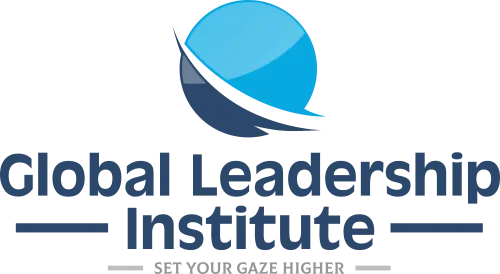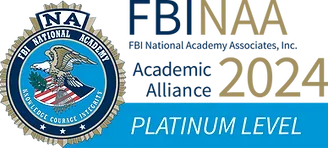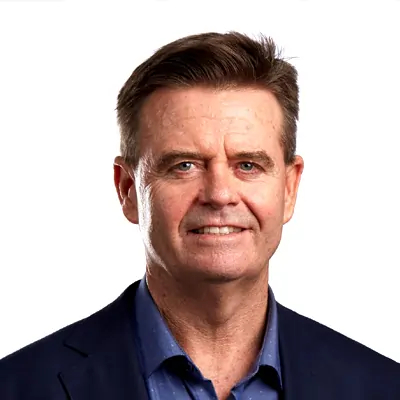PURPOSE
This policy outlines the Global Leadership Institute (GLI) principles, commitments, and objectives for developing and delivering education opportunities to First Nations Peoples. The policy recognises and respects the First Nations Peoples opportunities for employment and the development of staff who are responsible for learning, teaching and research in relation to First Nations students.
This policy has been developed, having regard to current reports, obligations, United Nations Declaration on Rights of Indigenous peoples, National Aboriginal and Torres Strait Education Policy; Universities Australia Indigenous Strategy 2017-2020; The Australian Institute of Aboriginal and Torres Strait Islander Studies Guidelines for Ethical Research in Australian Indigenous Studies and the recommendations in the Review of Higher Education Access and Outcomes for Aboriginal and Torres Strait Islanders People Final Report 2012.
DEFINITIONS
First Nations Peoples cultural competence and capabilities means student and staff knowledge and understanding of First Nations People’s cultures, histories, contemporary realities and protocols, and proficiency to engage and work effectively in First Nations Peoples contexts and expectations. First Nations Peoples mean any person who:
· is of aboriginal and/or Torres Strait Islander descent;
· identifies as an Aboriginal and /or Torres Strait Islander; and
· is accepted by the Aboriginal and Torres Strait Islander community in which they live as an Aboriginal and/or Torres Strait Islander.
First Nations Peoples Education means educational opportunities and outcomes for First Nations Peoples including opportunities for all Australians to learn about First Nations Peoples culture and history.
First Nations Peoples Research means research with and by First Nations Peoples and their perspectives and issues impacting on their people.
PRINCIPLES
GLI’s approach to First Nations Peoples’ learning, teaching and research includes:
· equity in student retention, completion and growth at all levels of education and research;
· opportunities for involvement in governance process in the planning, delivery, evaluation of education and research;
· promoting First Nations Peoples perspectives and student and staff support for collaboration, consultations, and inclusion;
· acknowledging understanding and appreciation of First Nations Peoples perspectives, knowledge, skills, values, and contemporary issues;
· providing opportunities for First Nations Peoples to access, develop and achieve in higher education;
· providing admission pathways for First Nations Peoples;
· producing graduates who demonstrate cultural capability and have skills and knowledge to provide genuinely competent services to First Nations Peoples;
· support and mentor staff to ensure that learning environments, curricula, resources, and assessments enable First Nations students progress and compete courses;
· supporting research that improves the lives of First Nations Peoples;
· ensuring the GLI campus is welcoming, respectful, supportive, non-discriminatory, and free of harassment for First Nations students, and staff;
· providing financial support including government specific funding to support First Nations Peoples with their education;
· supporting First Nations students in their career choices and employment.
Scope
Whole Institute
Key Stakeholder
All staff and students
Proceedure
The relevant GLI staff will be responsible for implementing this policy, including the planning and implementing of GLI activities.





